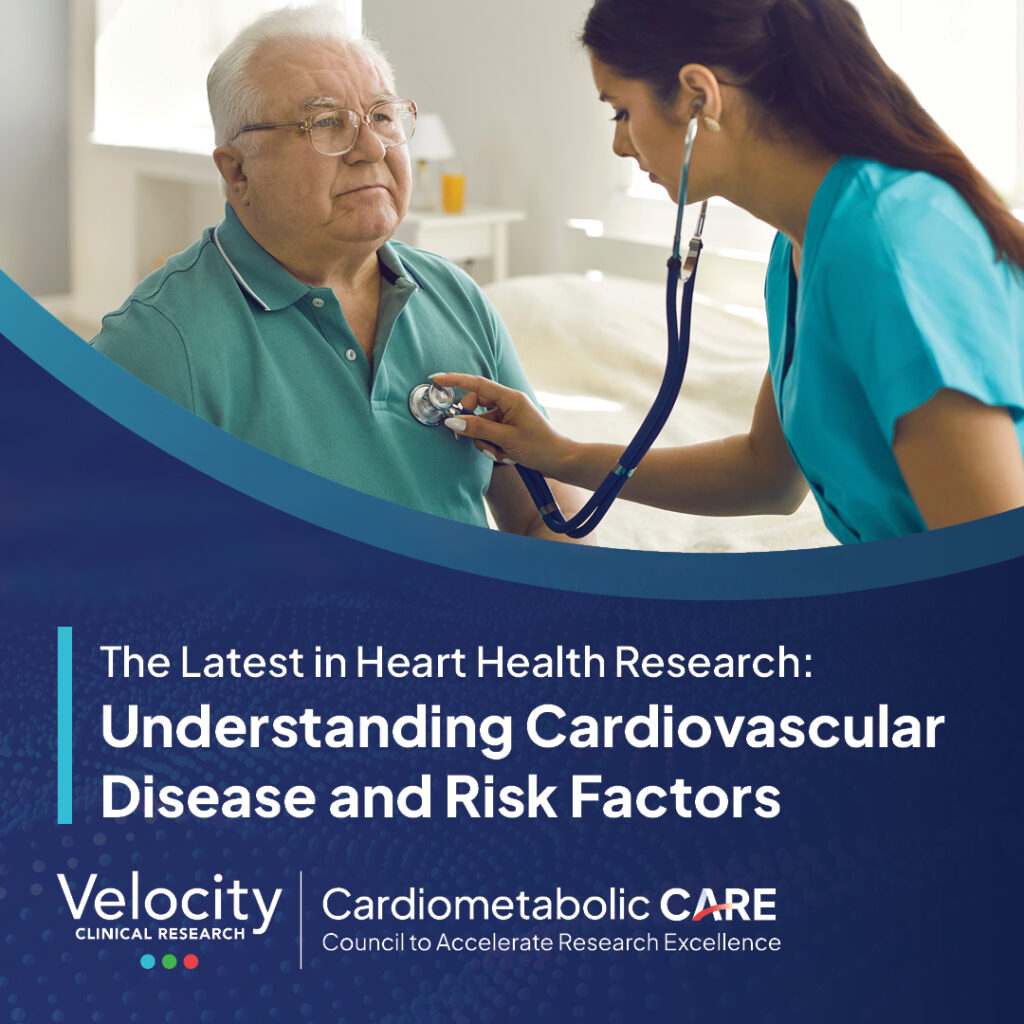What is Cardiovascular Disease (CVD)?
Cardiovascular disease (CVD) encompasses a group of conditions that affect the heart and blood vessels. It includes:
- Coronary artery disease (CAD)
- Congestive heart failure (CHF)
- High blood pressure
- Other heart and blood vessel problems
These diseases are major causes of death worldwide.
Coronary artery disease is caused by the buildup of plaque in the arteries, leading to blockages that can cause heart attacks. Congestive heart failure, on the other hand, happens when the heart can’t pump blood as effectively as it should, leading to fatigue, fluid retention, and other symptoms.
Main risk factors for CVD include:
- High blood pressure
- High cholesterol
- High levels of fats called triglycerides in the blood
- Smoking
- Not being active enough
Catching and managing these risks early is key to avoiding serious heart problems.
Risk Factors: Blood Pressure, Cholesterol, and More
Several key factors contribute to heart disease, including:
- High Blood Pressure (Hypertension): Often called the “silent killer,” high blood pressure strains the heart and arteries, increasing the risk of heart attacks and strokes.
- High Cholesterol: Elevated levels of LDL (“bad”) cholesterol can lead to the buildup of plaque in the arteries, while low HDL (“good”) cholesterol reduces the body’s ability to remove bad cholesterol.
- High Triglycerides: These are a type of fat in the blood. Elevated triglycerides can increase the risk of heart disease, especially when combined with other conditions like high cholesterol or diabetes.
- Obesity and Lack of Physical Activity: Excess weight, especially around the waist, and a sedentary lifestyle are closely linked to heart disease.
- Smoking and Diabetes: Both are significant contributors to cardiovascular problems, exacerbating the effects of other risk factors.
Current Treatments for Heart Health
Heart health management typically focuses on lowering blood pressure, cholesterol, and triglycerides through medications and lifestyle changes. Treatments can include:
- Statins to lower cholesterol levels.
- Beta-blockers or ACE inhibitors for managing blood pressure.
- Lifestyle changes such as adopting a heart-healthy diet, regular exercise, and quitting smoking.
Innovations in Heart Health Research
Recent advancements in heart health research offer new hope. These include emerging treatments like PCSK9 inhibitors for cholesterol management, advanced diagnostic tools for early detection of heart disease, and investigational drugs aimed at improving heart function in heart failure patients.
Heart Health Clinical Research at Velocity
Velocity Clinical Research is dedicated to understanding and improving treatments for heart-related conditions. Ongoing clinical trials are evaluating innovative therapies targeting cardiovascular risk factors like hypertension, high cholesterol, and heart failure.
If you’re interested in contributing to the future of heart health, consider joining a clinical trial. Visit our find a study page to learn more about the heart disease trials currently underway at Velocity.

